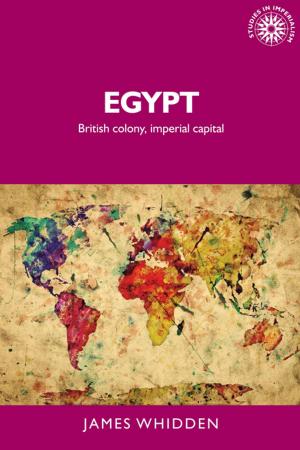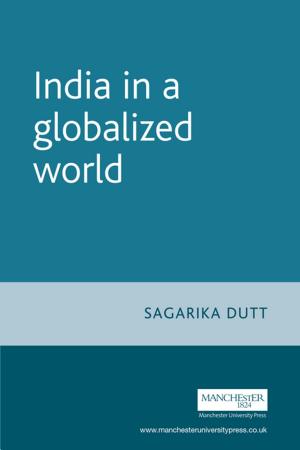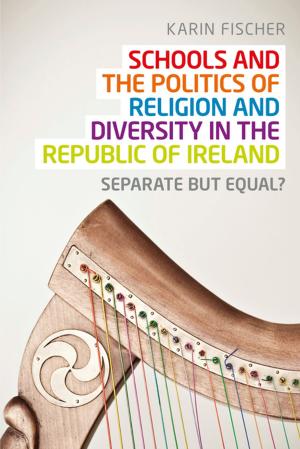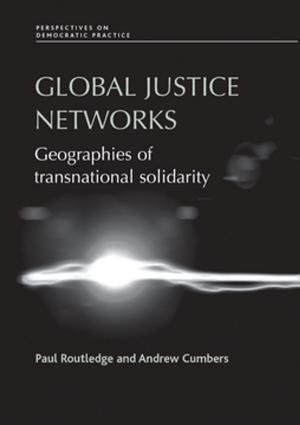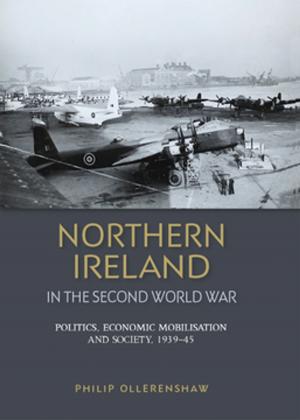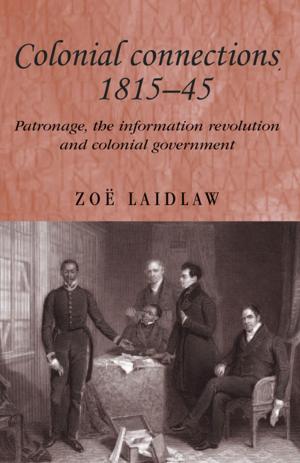The diplomacy of decolonisation
America, Britain and the United Nations during the Congo crisis 1960-1964
Nonfiction, History, Africa, Social & Cultural Studies, Political Science, International, International Relations| Author: | Alanna O'Malley | ISBN: | 9781526116284 |
| Publisher: | Manchester University Press | Publication: | April 1, 2018 |
| Imprint: | Manchester University Press | Language: | English |
| Author: | Alanna O'Malley |
| ISBN: | 9781526116284 |
| Publisher: | Manchester University Press |
| Publication: | April 1, 2018 |
| Imprint: | Manchester University Press |
| Language: | English |
The book reinterprets the role of the UN during the Congo crisis from 1960 to 1964, presenting a multidimensional view of the organisation. Through an examination of the Anglo-American relationship, the book reveals how the UN helped position this event as a lightning rod in debates about how decolonisation interacted with the Cold War. By examining the ways in which the various dimensions of the UN came into play in Anglo-American considerations of how to handle the Congo crisis, the book reveals how the Congo debate reverberated in wider ideological struggles about how decolonisation evolved and what the role of the UN would be in managing this process. The UN became a central battle ground for ideas and visions of world order; as the newly-independent African and Asian states sought to redress the inequalities created by colonialism, the US and UK sought to maintain the status quo, while the Secretary-General Dag Hammarskjöld tried to reconcile these two contrasting views.
The book reinterprets the role of the UN during the Congo crisis from 1960 to 1964, presenting a multidimensional view of the organisation. Through an examination of the Anglo-American relationship, the book reveals how the UN helped position this event as a lightning rod in debates about how decolonisation interacted with the Cold War. By examining the ways in which the various dimensions of the UN came into play in Anglo-American considerations of how to handle the Congo crisis, the book reveals how the Congo debate reverberated in wider ideological struggles about how decolonisation evolved and what the role of the UN would be in managing this process. The UN became a central battle ground for ideas and visions of world order; as the newly-independent African and Asian states sought to redress the inequalities created by colonialism, the US and UK sought to maintain the status quo, while the Secretary-General Dag Hammarskjöld tried to reconcile these two contrasting views.


